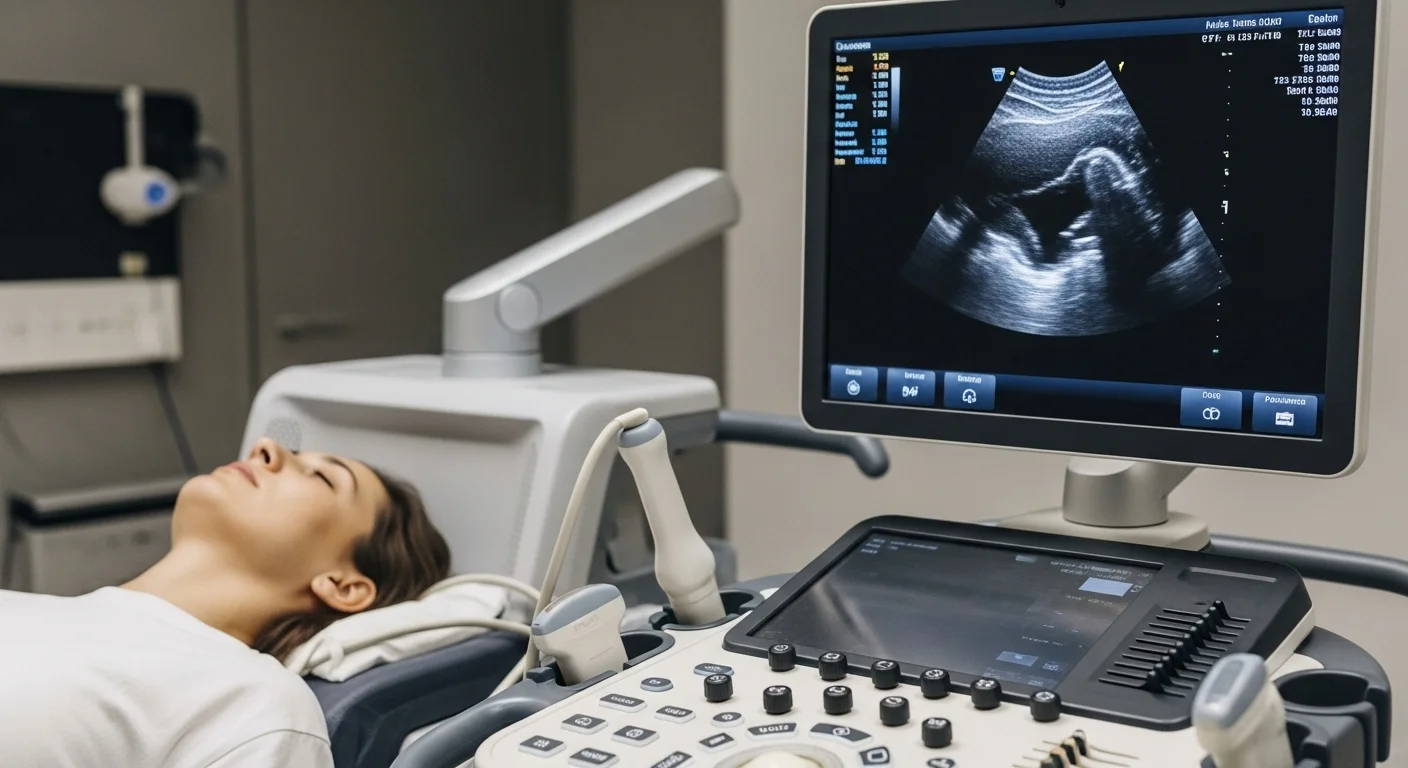Young Adult Cancer: Recognizing Early Signs and Symptoms
Cancer is often perceived as a disease of older adults, but it can strike at any age. Young adults, in particular, may face unique challenges in diagnosis and treatment due to the rarity of certain cancers and the potential for symptoms to be dismissed as related to lifestyle factors. Recognizing the early signs and symptoms of cancer is crucial for timely diagnosis and improved outcomes.
This article will explore the importance of awareness, focusing on how young adults can be proactive about their health and advocate for themselves when something doesn’t feel right.
The Importance of Early Detection
Many cancers, when caught early, are highly treatable. However, early detection relies heavily on recognizing potential warning signs and seeking prompt medical attention. Unfortunately, young adults may delay seeking help, attributing symptoms to stress, fatigue, or other common ailments. This delay can allow the cancer to progress, making treatment more challenging.
A Real-Life Example
A young woman from the UK, diagnosed with a rare form of thyroid cancer at the age of 20, shared her experience to raise awareness. She initially experienced symptoms like:
- Extreme fatigue
- Unexplained weight loss
- Mood changes
Despite seeking medical advice, her symptoms were initially dismissed by some doctors as simply being "lazy." She knew something was wrong and persisted in seeking answers.
Recognizing the Subtle Signs
Over time, her symptoms progressed to include:
- Changes in her voice
- Facial flushing
- Difficulty breathing
She described her voice as weakening, and she experienced hot flashes similar to those associated with early menopause. Breathing became increasingly difficult, requiring her to sleep with the window open for fresh air.
After about six months, she discovered a lump in her neck. This led to further investigation and a diagnosis of medullary thyroid cancer. She underwent surgery and subsequent treatments, eventually achieving remission.
Common Symptoms of Thyroid Cancer
While the woman’s case highlighted a specific type of thyroid cancer, it underscored the importance of recognizing potential symptoms, which can include:
- A lump in the neck
- Swelling in the neck
- Hoarseness or other voice changes
- Difficulty swallowing
- Difficulty breathing
- Persistent cough not due to a cold
It’s important to note that these symptoms can also be caused by other, less serious conditions. However, any persistent or concerning symptoms should be evaluated by a medical professional.
Types of Thyroid Cancer
Thyroid cancer occurs in the thyroid gland, a butterfly-shaped organ in the neck. While there are different types of thyroid cancer, the most common is papillary thyroid cancer. Medullary thyroid cancer, the type diagnosed in the example above, is a rarer form, accounting for a small percentage of all thyroid cancers.
- Papillary Thyroid Cancer: The most common type, often slow-growing and highly treatable.
- Follicular Thyroid Cancer: Another common type that is generally treatable.
- Medullary Thyroid Cancer: A rarer type that originates in the C cells of the thyroid, which produce calcitonin.
- Anaplastic Thyroid Cancer: A rare and aggressive type of thyroid cancer.
General Cancer Symptoms to Watch Out For
Beyond thyroid cancer, young adults should be aware of general cancer symptoms that warrant medical attention:
- Unexplained weight loss or gain
- Persistent fatigue
- Changes in bowel or bladder habits
- Sores that don’t heal
- Unusual bleeding or discharge
- Thickening or lump in the breast or other parts of the body
- Indigestion or difficulty swallowing
- Nagging cough or hoarseness
Be Your Own Advocate
The young woman’s story emphasizes the importance of advocating for your own health. If you experience persistent symptoms that concern you, don’t hesitate to:
- Seek a second opinion
- Request further testing
- Trust your instincts
Staying Informed
While cancer in young adults can be challenging, early detection and treatment offer the best chance for a positive outcome. By staying informed, recognizing potential symptoms, and advocating for their health, young adults can empower themselves to fight cancer and live long, healthy lives.




